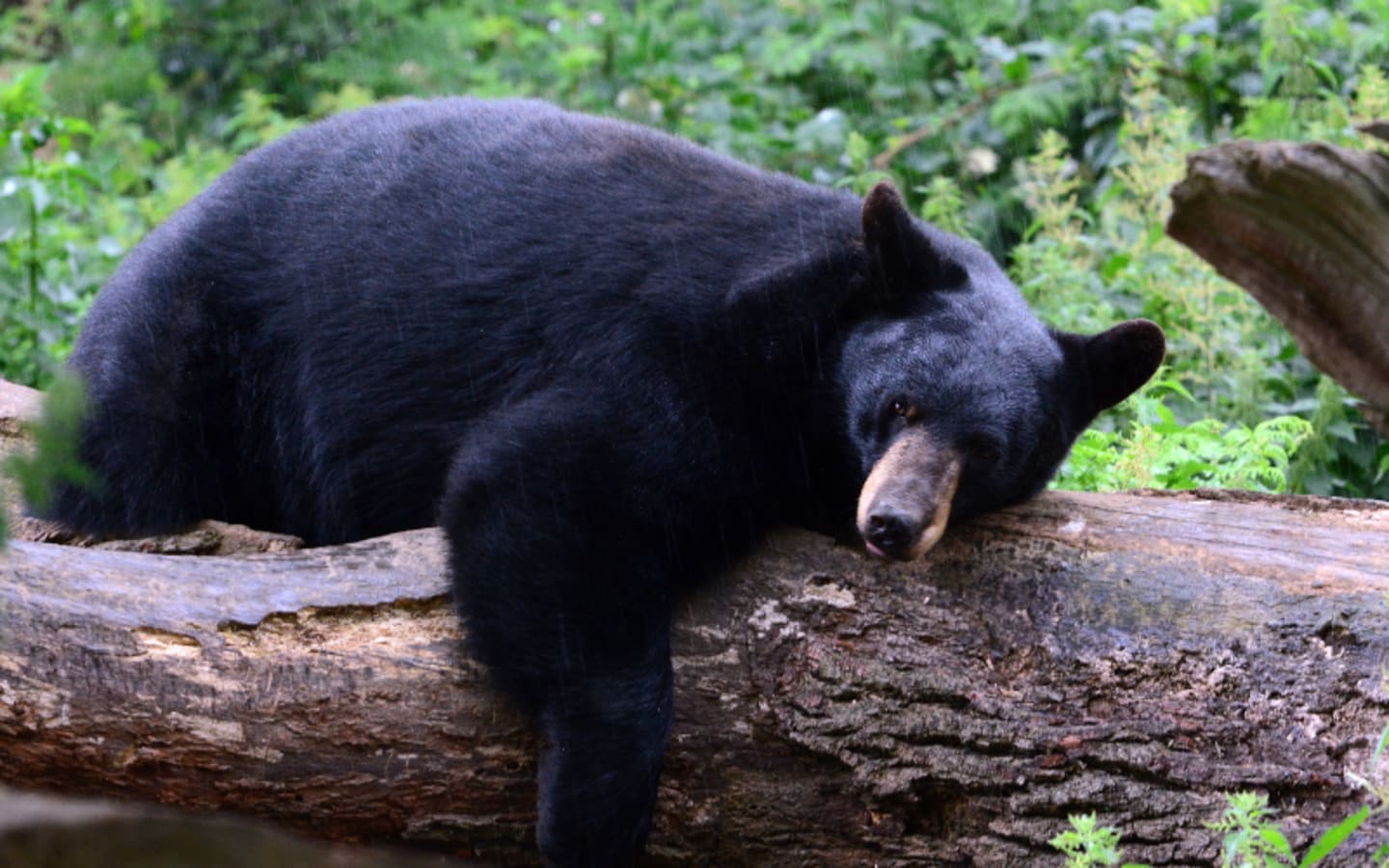In Florida, a heated battle over wildlife management is unfolding, pitting conservationists against anti-hunting groups in a struggle over the state’s growing black bear population. The Florida Fish and Wildlife Conservation Commission (FWC) made a bold move in May 2025, voting 4-1 to greenlight a limited black bear hunt set for sometime between October and December 2025. A final vote in August will lock in the decision, but the stage is already set for a contentious showdown. With bear numbers booming and human-bear conflicts on the rise, the FWC sees the hunt as a critical tool to balance wildlife populations with available habitats. However, anti-hunting groups are pushing back, resorting to a clever but controversial tactic to derail the plan.
The FWC’s decision comes after years of data showing a sharp increase in Florida’s black bear population. Surveys from 2002 to 2015 revealed a nearly 50% surge in bear numbers, with estimates now exceeding 4,000 animals. Their range has also expanded dramatically, from occupying just 17% of the state in 1992 to over half of Florida’s land by 2025. This growth has brought bears closer to human communities, leading to a spike in conflicts. In recent years, incidents have escalated, including a fatal bear attack near Jerome, Florida, and another non-fatal attack near Silver Springs. These events have fueled the FWC’s argument that a regulated hunt is necessary to manage bear populations and prevent further dangerous encounters.
The proposed hunt is tightly controlled, with a quota of fewer than 200 bears and strict rules to protect vulnerable animals. Only bears weighing at least 100 pounds can be harvested, and cubs or females with cubs are off-limits. Hunters will face rigorous reporting requirements, ensuring the hunt stops the moment the quota is reached. The FWC emphasizes that regulated hunting not only helps control population growth but also brings economic benefits. Hunters can use bear meat, pelts, and fat, while the revenue from tags supports conservation efforts. For many, this approach strikes a balance between respecting wildlife and addressing practical concerns like habitat limitations and public safety.
Despite these arguments, anti-hunting groups are fiercely opposed. Organizations like Speak Up Wekiva are rallying their supporters to disrupt the hunt by flooding the tag lottery system. Their plan is straightforward: apply for as many of the 187 available bear tags as possible, each costing $5 to enter and $100 to purchase if won. By securing tags, anti-hunters aim to keep them out of the hands of those who would actually hunt, effectively reducing the number of bears taken. Speak Up Wekiva’s website lays out step-by-step instructions for entering the lottery, urging supporters to “buy up the permit” to protect bears. The campaign even features a heart-tugging image of a black bear cub, captioned with an emotional plea to save bears by snagging tags.
This tactic, while creative, has sparked criticism for its misleading messaging. The FWC’s guidelines clearly prohibit hunting cubs or sows with cubs, yet anti-hunting campaigns often lean on images of adorable bear cubs to sway public opinion. An online petition titled “Stop the Florida Black Bear Trophy Hunt!!!” similarly uses a touching photo of a cub nuzzling its mother to rally support. Critics argue this emotional appeal misrepresents the hunt’s scope and purpose, ignoring the FWC’s data-driven approach to population control. By focusing on cubs, which are not at risk, these campaigns may obscure the broader issue of managing a rapidly growing bear population in a state where human-wildlife conflicts are becoming more common.
The debate over the bear hunt taps into deeper questions about wildlife management and human responsibility. For the FWC, the hunt is a proven strategy used worldwide to keep animal populations in check while fostering respect for wildlife through regulated harvesting. Hunters, they argue, contribute to conservation by funding programs through tag fees and by valuing bears as a resource. On the other side, anti-hunters see the hunt as unnecessary, questioning whether bear numbers truly justify such measures. They point to alternative solutions like habitat preservation or non-lethal conflict mitigation, though these approaches often struggle to address the scale of Florida’s bear population boom.
As the August vote looms, tensions are high. If the hunt is finalized, it will mark Florida’s first regulated bear hunt in years, a milestone for those who view it as a step toward responsible wildlife stewardship. For anti-hunters, it’s a call to action, with groups like Speak Up Wekiva doubling down on their efforts to outmaneuver the system. The outcome of this clash could set a precedent for how Florida—and other states—handles growing wildlife populations in an era of shrinking habitats and increasing human encroachment.
For now, the FWC is standing firm, backed by data showing that bears are thriving but also straining the state’s ecosystems. The agency’s goal is clear: maintain healthy bear populations while minimizing risks to people and property. Whether the hunt goes forward as planned or is undermined by anti-hunting tactics remains to be seen. What’s certain is that Florida’s black bear debate is far from over, and it’s likely to spark conversations about the delicate balance between conservation, recreation, and coexistence with wildlife.





